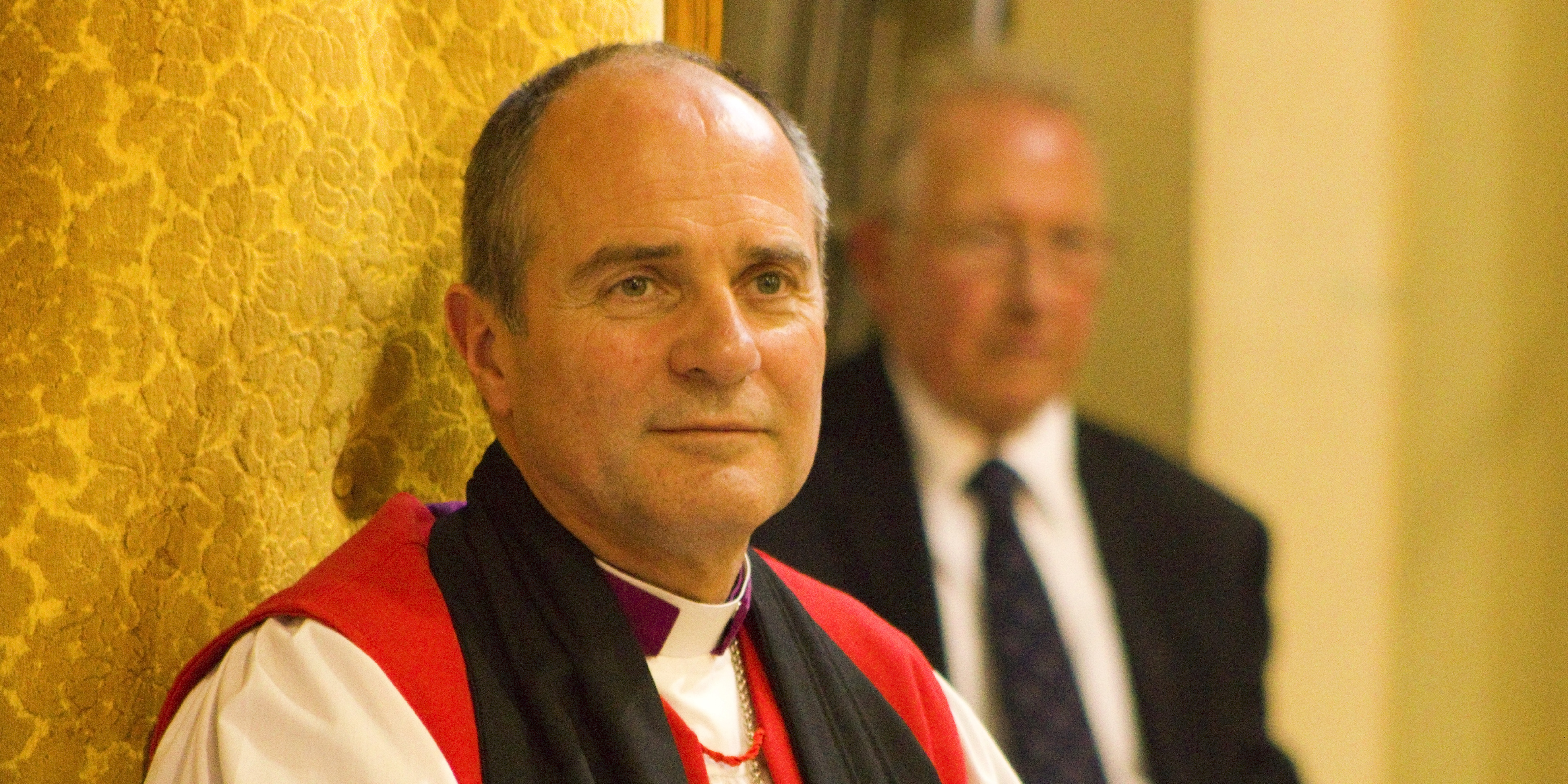
As the Church calendar moves to the season known as ordinary time Bishop Lee invites us to make it an opportunity for awe and wonder rather than the mundane.
As a boy I was fascinated with space travel. Perhaps it was growing up during the so-called space-race when the USSR competed with the USA to send a human into space or land a man on the moon. Although the Soviets won the initial stage with the cosmonaut Yuri Gagarin they were soon eclipsed by the Americans, 12 of whom stepped onto the lunar surface.
My reading material reflected this fascination as I went through a series of library books with such gripping titles as Mission to Mercury, Voyage to Venus and Journey to Jupiter. At around that time, it must have been in the second half of junior school, I was introduced to the concept of infinity. The universe itself was presented as infinite and I can remember lying in bed thinking about the vastness of space and finding myself feeling afraid, pulling the bed covers over me as if that would make a difference!
Scientists do not now regard our universe as infinite, though the notion of multiverses the theory there may be an infinite number of other possible universes - keeps the thought alive. Yet even if our universe may have bounds, its immensity is truly overwhelming and intimidating. In God in the Lab, Dr Ruth Bancewicz endeavours to help readers get a sense of its scale by describing the earth as a peppercorn sitting 26 paces away from a melon, which is the sun.
Mars is a pinhead situated a further 14 paces away with Jupiter represented as a chestnut 95 paces from Mars. Pluto is a grain of sand almost a kilometre from the sun, while the cloud of space-dust which marks the limit of our solar system is 3200 miles away. The nearest star, Proxima Centauri, is another 3200 miles beyond. According to this scale, if the sun were a melon in London, the next closest star would be in Chicago. Isnt this jaw dropping?
The illustration comes in a chapter entitled Awe and this probably best describes what I experienced as a boy and still feel now, though more maturely. When the astronomer Dame Jocelyn Bell Burnell was asked how she keeps such huge scales in her head she said that she didnt she used mathematical shorthand. It was impossible to sustain that sense of magnitude in the day to day routine.
Given that God the Holy Trinity is, as one prayer puts it, the source and foundation of time and space, matter and energy, life and consciousness, awe ought to be a natural and expected dimension of Christian life and worship. That is the testimony of the scriptures where awe, astonishment, being reduced to silence, and falling to the ground accompany encounters with the living God.
A question every Christian might ask themselves is this, When did I last experience a sense of awe of reverent fear because I caught a glimpse of the transcendent majesty of God? Though these moments are a gift, and cannot be conjured or manipulated, each of us can make opportunities for them to happen, while those who lead worship can either assist or hinder such encounters.
In her book Everyday God Dr Paula Gooder explores how ordinary life can be tinged with awe, wonder and the extraordinary for followers of Christ. It does, however, involve choosing. Jesus used to tell parables as a means of helping them to wrestle with and engage with the choices they were being invited to make. In that spirit I am going to leave you with The Bright Field, a piece by R S Thomas, which Dr Gooder placed at the beginning of her exploration. I invite you to spend some time with it, perhaps over several days, asking the Holy Spirit to make it a place of encounter with God.
+Lee
The Bright Field
I have seen the sun break through
to illuminate a small field
for a while, and gone my way
and forgotten it. But that was the pearl
of great price, the one field that had
treasure in it. I realise now
that I must give all that I have
to possess it. Life is not hurrying
onto a receding future, nor hankering after
an imagined past. It is the turning
aside like Moses to the miracle
of the lit bush, to a brightness
that seemed as transitory as your youth
once, but is the eternity that awaits you.
R S Thomas